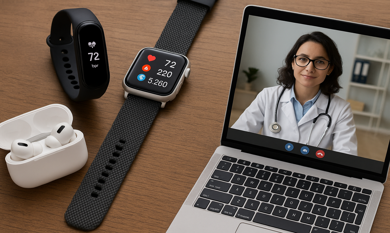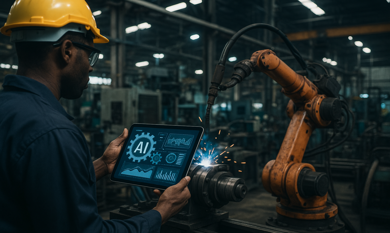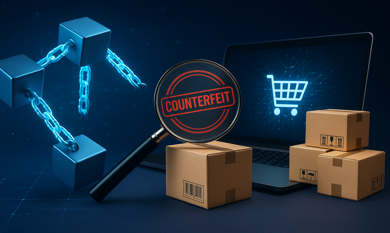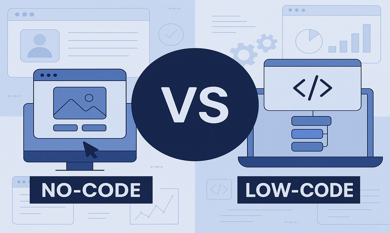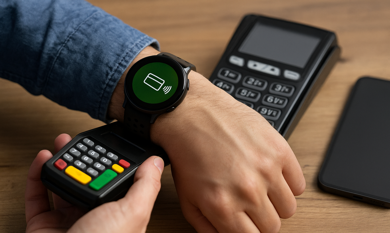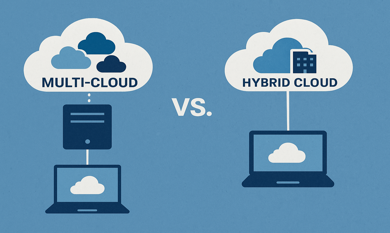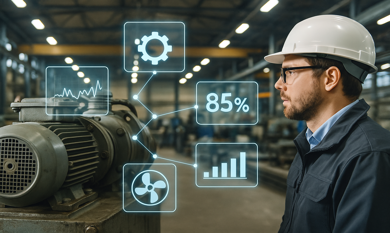Agriculture, once heavily dependent on manual labor and traditional practices, is undergoing a major transformation. At the heart of this shift is drone technology—a game-changer in the modern farming world. As the global population rises and farmland shrinks, farmers are turning to smart tools to increase efficiency, reduce waste, and boost productivity. One of the most powerful tools available today is the agricultural drone, especially when paired with IoT (Internet of Things) solutions.
What Are Agricultural Drones?

Agricultural drones are unmanned aerial vehicles (UAVs) designed specifically for tasks like crop monitoring, spraying pesticides, mapping fields, and assessing crop health. These drones are equipped with advanced sensors, cameras, GPS, and software systems to collect, analyze, and act on agricultural data.
Unlike manual inspections, drones can scan hundreds of acres in a matter of minutes, offering real-time insights that can lead to smarter decisions and better yields.
Real-World Use Cases of Drones in Agriculture
1. Precision Farming

Precision farming is all about applying the right amount of input—whether it's water, fertilizer, or pesticide—at the right place and the right time. Drones make this possible by capturing high-resolution images and data that reveal variations in plant health, soil conditions, and moisture levels.
Example:
In California’s Central Valley, farmers use drones with NDVI (Normalized Difference Vegetation Index) cameras to detect stressed plants early. Instead of treating the whole field, they treat only the affected zones, saving on resources and improving yields.
2. Crop Spraying and Dusting

Manual crop spraying is not only time-consuming but also dangerous for farm workers. Drones can carry pesticide or fertilizer payloads and spray with pinpoint accuracy.
Example:
DJI, a global drone leader, offers the DJI Agras T40, capable of spraying over 50 acres per hour, with obstacle avoidance features and automatic route planning. American farms, especially in the Midwest, are adopting such models for large-scale spraying operations.
3. Soil and Field Analysis
Before planting, understanding soil health is crucial. Drones equipped with multispectral sensors can create 3D maps for early soil analysis, helping farmers make informed decisions about seed planting and irrigation.
Example:
A startup in Texas, Farmonaut, uses drone-generated maps to detect areas of soil erosion and nutrient deficiency, allowing precise intervention and better soil management.
4. Livestock Monitoring
Drones aren’t just for crops—they're also being used to monitor livestock across large pastures. With thermal imaging and real-time video, farmers can track animal movements, check for injuries, and monitor behavior.
Example:
Ranchers in Montana use drones to keep an eye on cattle herds, reducing the need for long-distance patrolling and improving response time during calving season.
Leading Companies Leveraging Drone Tech in Agriculture
Several agriculture-focused companies in the U.S. have already integrated drones into their business models:
- Rantizo (Iowa)
Rantizo specializes in drone spraying services. They provide custom drone fleets for farmers and applicators, complete with software that ensures accurate coverage. Their drones can also apply fungicides and insecticides with variable rate control.
- AgEagle Aerial Systems (Kansas)
AgEagle designs and manufactures advanced drone systems for farming. Their technology helps in crop scouting, yield prediction, and field mapping. Their recent collaborations with agricultural retailers show growing adoption in large-scale operations.
These companies either build their own software or collaborate with firms that specialize in custom software development services in Dallas TX and other tech hubs across the U.S. to maintain their edge.
Enhancing Agricultural Drones Through IoT Connectivity
Drones offer a bird’s-eye view of the fields, while IoT systems turn that view into smart, actionable insights. When integrated with IoT platforms, drones become part of a larger smart farming ecosystem.
1. Real-Time Data Syncing
With IoT sensors placed in the field and connected to a centralized dashboard, data collected by drones—such as crop health and soil moisture—can be synced instantly with other devices. This allows automated actions, like turning on irrigation systems or alerting field workers.
Example:
A startup in Nebraska, Farmonaut, uses drones and IoT soil sensors to monitor moisture levels. When the drone detects dry patches and the sensors confirm low soil moisture, the system automatically turns on irrigation only in affected zones.
2. Predictive Analytics
IoT analytics platforms can analyze drone-captured data over time, helping farmers predict pest outbreaks, disease spread, or yield drops before they occur.
Example:
Using drone imagery and IoT weather stations, a strawberry farm in Florida predicted and prevented a mold outbreak, saving thousands of dollars in potential losses.
3. Automated Task Scheduling
Smart software can analyze drone data and schedule tasks such as fertilization, spraying, or harvesting—without human intervention.
Example:
An almond grower in California uses IoT-integrated drones and scheduling software that automatically dispatches drones for nighttime spraying when wind levels are lowest.
Opportunities for Agriculture Startups
For U.S.-based agriculture startups looking to build smart farming solutions, drone and IoT integration offers a massive opportunity. Startups can develop custom dashboards, AI-driven analysis tools, or mobile apps that visualize drone data in user-friendly formats.
Potential Software Solutions:
- Drone Fleet Management Software: For farms with multiple drones, managing flight paths, payloads, and battery life.
- Crop Health Analysis App: Using AI and drone images to deliver disease/pest alerts.
- Integration APIs: Connecting drone data with ERP systems, farm management tools, or CRM software.
The Future: Drones, AI, and Autonomous Farming
As drone technology advances, we’ll likely see fully autonomous drones that can:
- Recharge themselves using solar panels
- Collaborate with ground robots for harvesting
- Use AI to make independent decisions based on live data
Companies like John Deere and Bayer Crop Science are already investing in drone and robotics startups to drive this future forward.
Conclusion
The rise of drone technology is revolutionizing agriculture by making it smarter, more precise, and more efficient. For startups in the U.S. agriculture sector, combining drone capabilities with IoT-driven insights presents a vast market of opportunities. From aerial mapping and automated spraying to predictive analytics and real-time monitoring, drones are no longer a futuristic idea—they are the backbone of modern, data-driven farming.
If you’re an agri-startup looking to make a meaningful impact, investing in IoT-based drone solutions is not just smart—it’s essential for the farms of tomorrow.
To build and deploy these intelligent solutions, partnering with the right technology provider is key. Theta Technolabs, a leading IoT development company in Dallas, offers a complete suite of web, mobile, and cloud-based solutions tailored for agriculture startups. Whether you need custom dashboards, real-time data sync, or AI-driven insights from drone data, Theta Technolabs has the expertise to bring your vision to life and transform your farming operations into a connected ecosystem.
Ready to take your agri-tech idea to the next level?
Contact Theta Technolabs at sales@thetatechnolabs.com to explore customized IoT solutions for your smart farming startup.






















_Choosing%20the%20Right%20App%20Development%20Company_%20A%20Comprehensive%20Guide_Q1_24.jpg)
_Chatbots%20for%20Event%20Management%20and%20Hospitality%20Services_Q1_24.jpg)
_Best%20iOS%20App%20Development%20Company_%20Enhancing%20User%20Engagement%20with%20Push%20Notifications_Q2_24.jpg)
_Key%20Trends%20in%20Healthcare%20Software%20Development%20for%20the%20Future_Q2_24.jpg)
_How%20much%20does%20it%20cost%20to%20create%20an%20android%20app%20in%202024%20for%20Startups_%20A%20detailed%20guide_Q2_24.jpg)
_Integrating%20Chatbots%20Into%20Your%20Application.jpg)


_Enhancing%20Driver%20Safety%20and%20Compliance%20with%20Web%20Apps%20in%20the%20Logistics%20Sector_Q3_24.jpg)
_Web%20Apps%20for%20Retail%20and%20eCommerce_%20Streamlining%20Operations%20and%20Reducing%20Costs_Q3_24.jpg)
_How%20AI%20is%20Enhancing%20Construction%20Site%20Surveillance%20and%20Security%20in%20Dallas_Q3_24-1.jpg)
_The%20Impact%20of%20Cross-Platform%20Apps%20on%20Real%20Estate%20Market%20Trends%20in%20Dallas_Q3_24-1.jpg)
_Streamlining%20Appointment%20Scheduling%20with%20Cloud%20Computing%20in%20Dallas%20Healthcare_Q4_25.jpg)
_How%20Cloud%20Solutions%20Are%20Enhancing%20Remote%20Patient%20Monitoring%20in%20Healthcare_Q4_25.jpg)










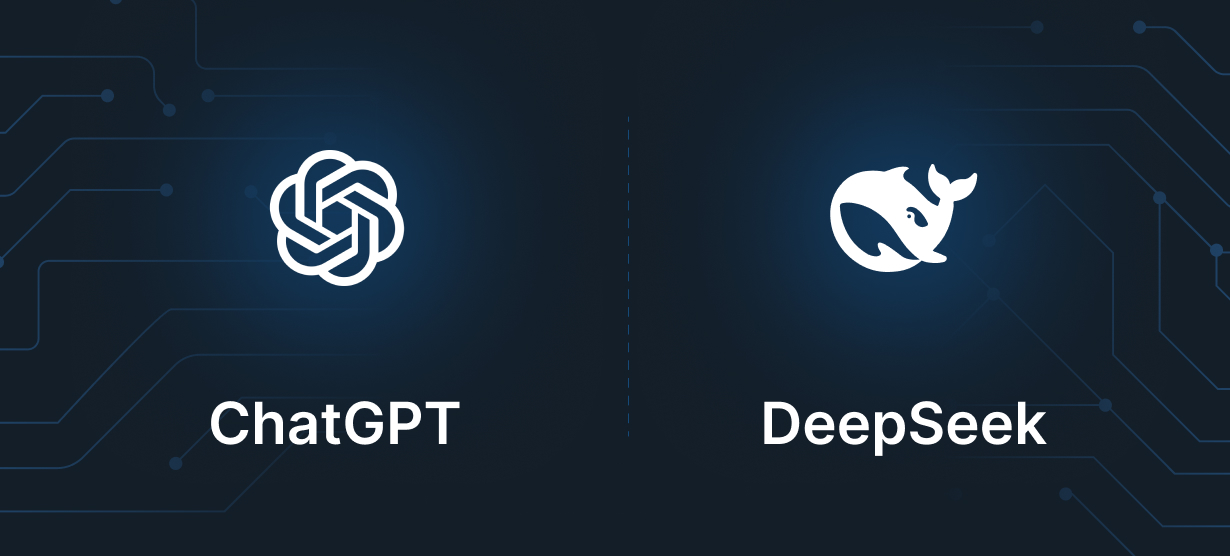




















.png)


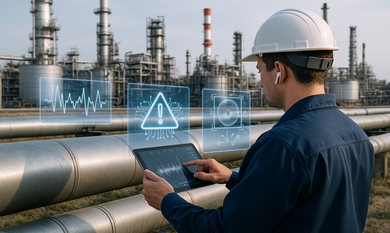
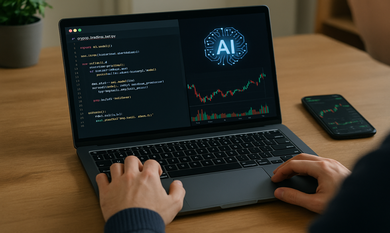
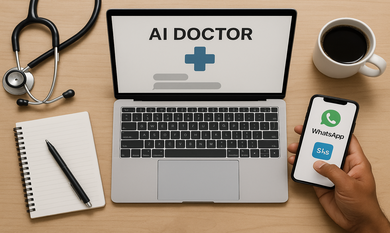
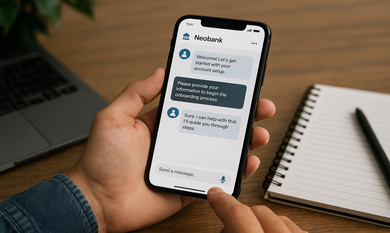
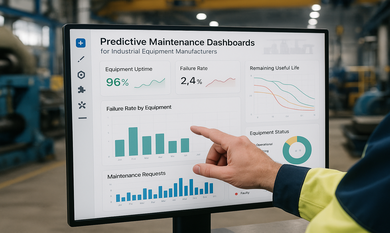
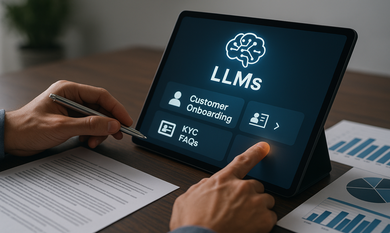


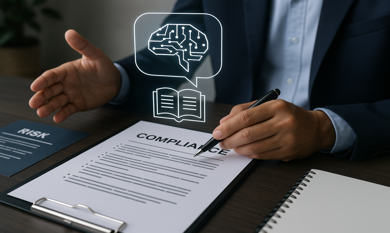

.png)

.png)
.png)
.png)
.png)


.png)
.png)
.png)
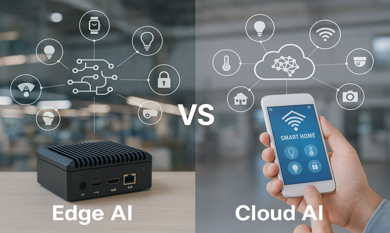
.png)
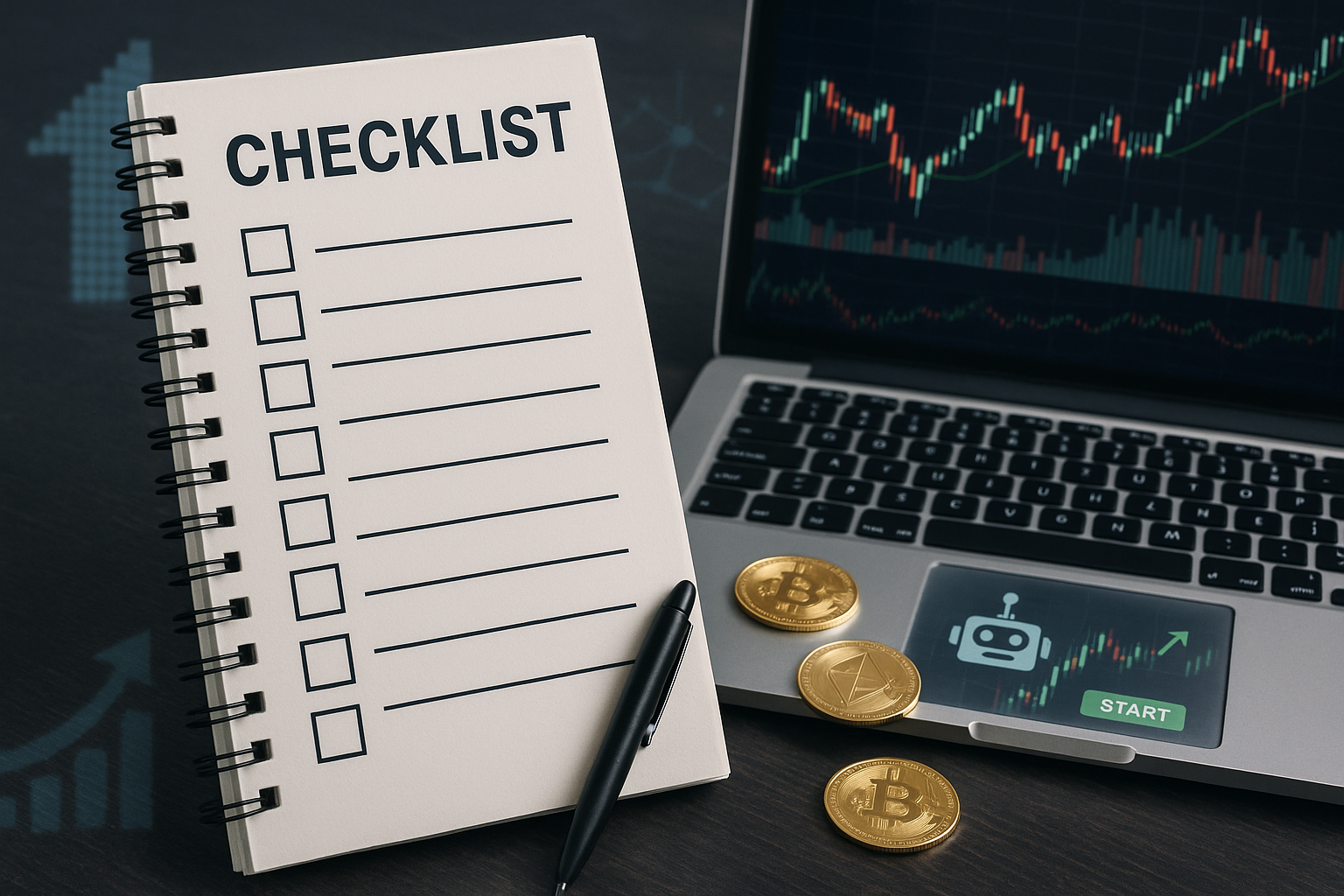


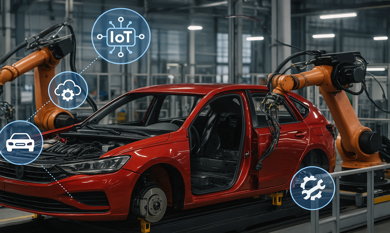

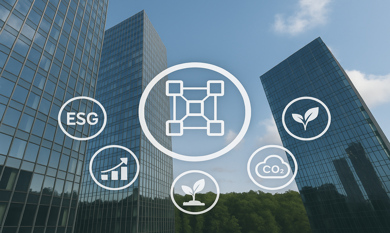
.png)
.png)

